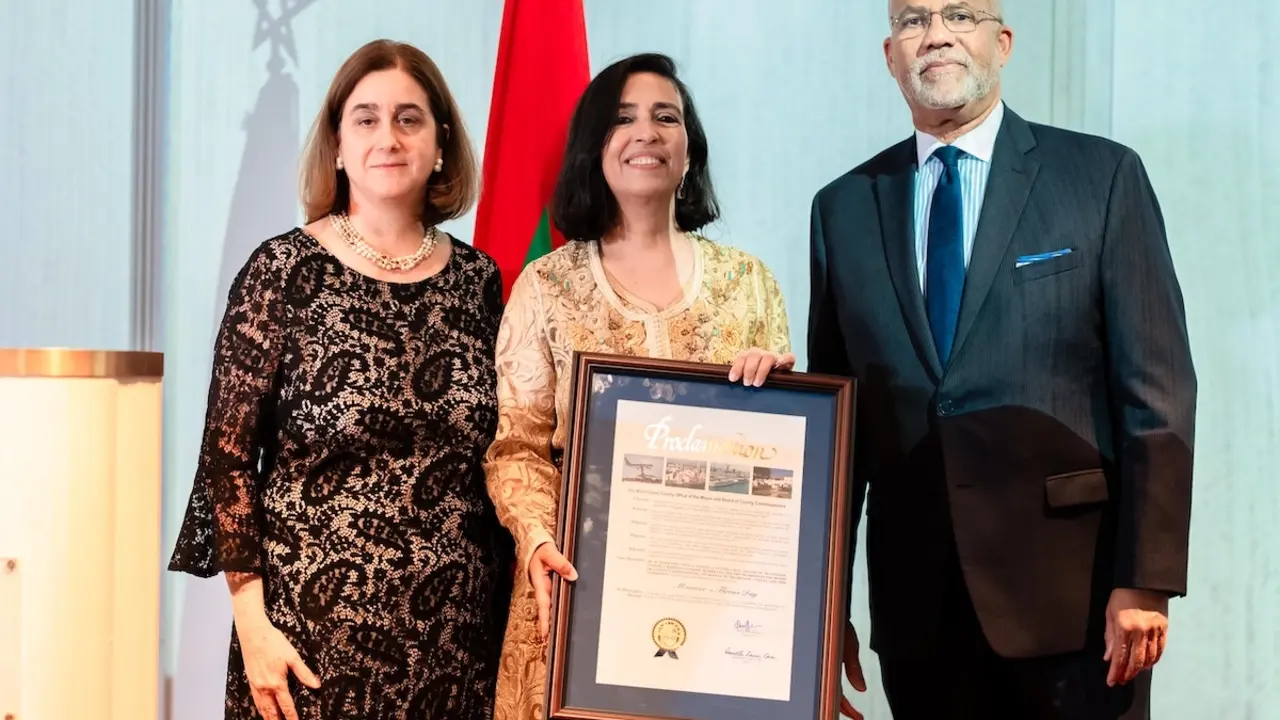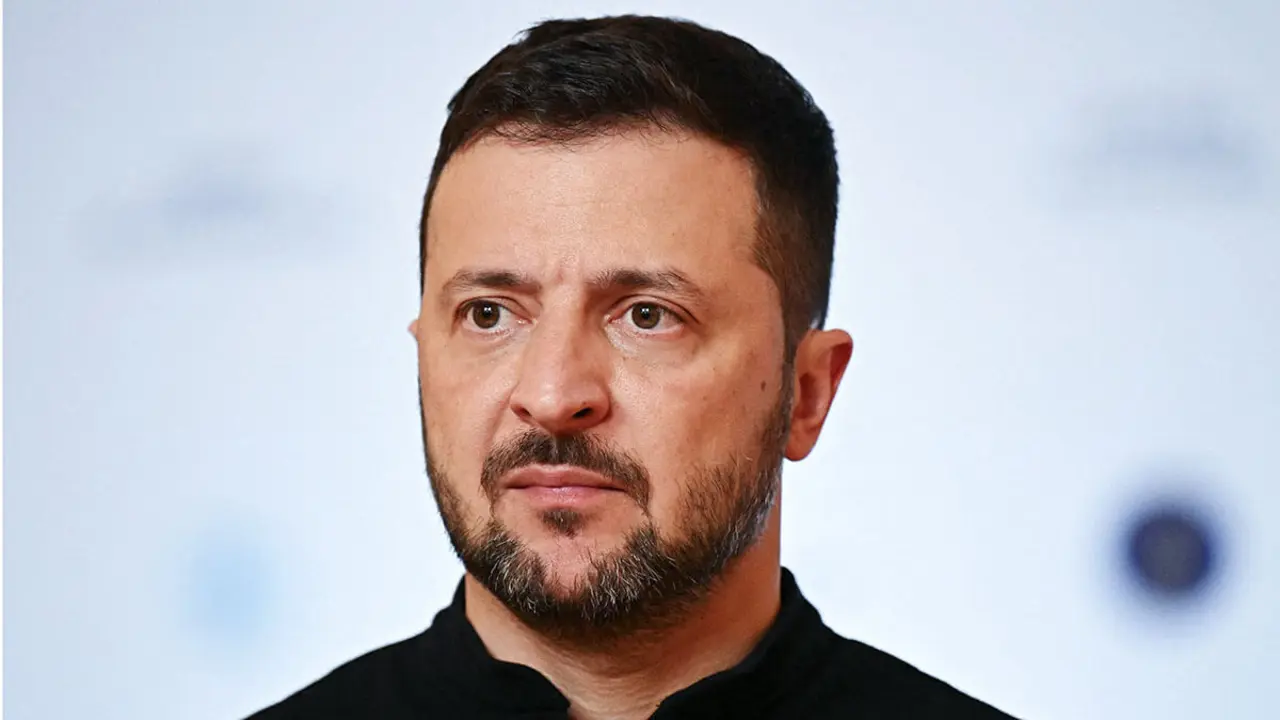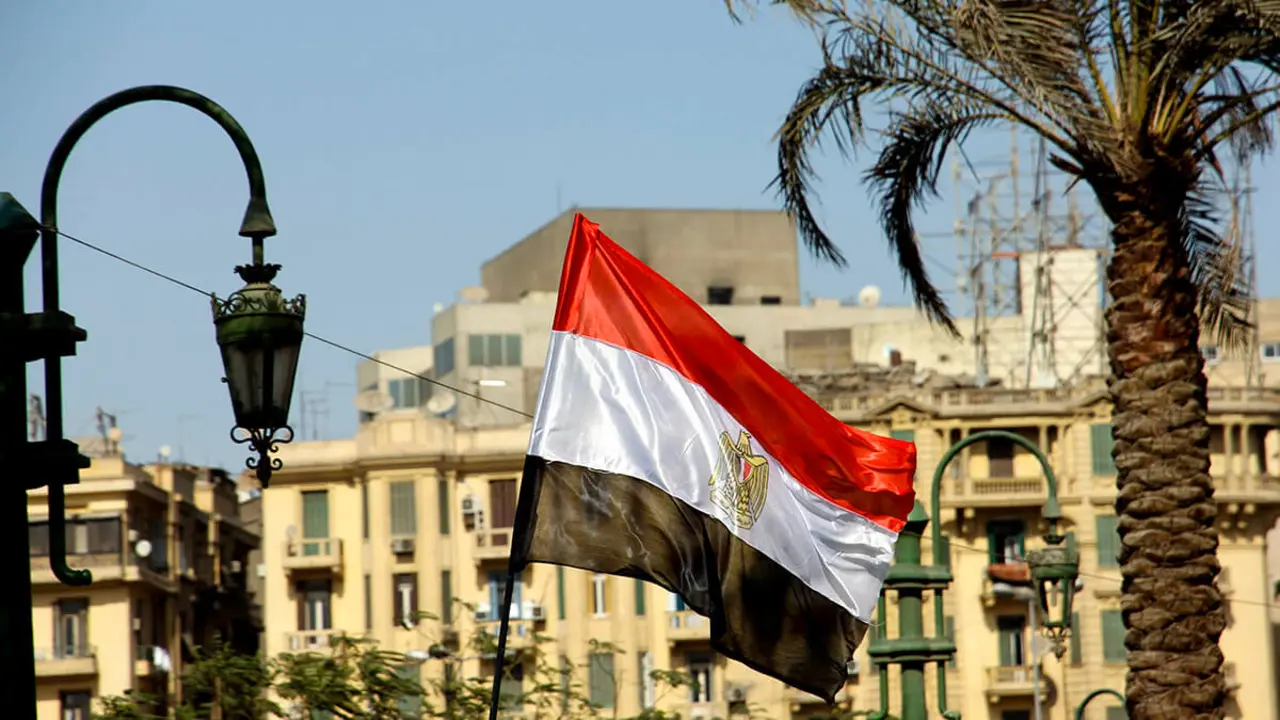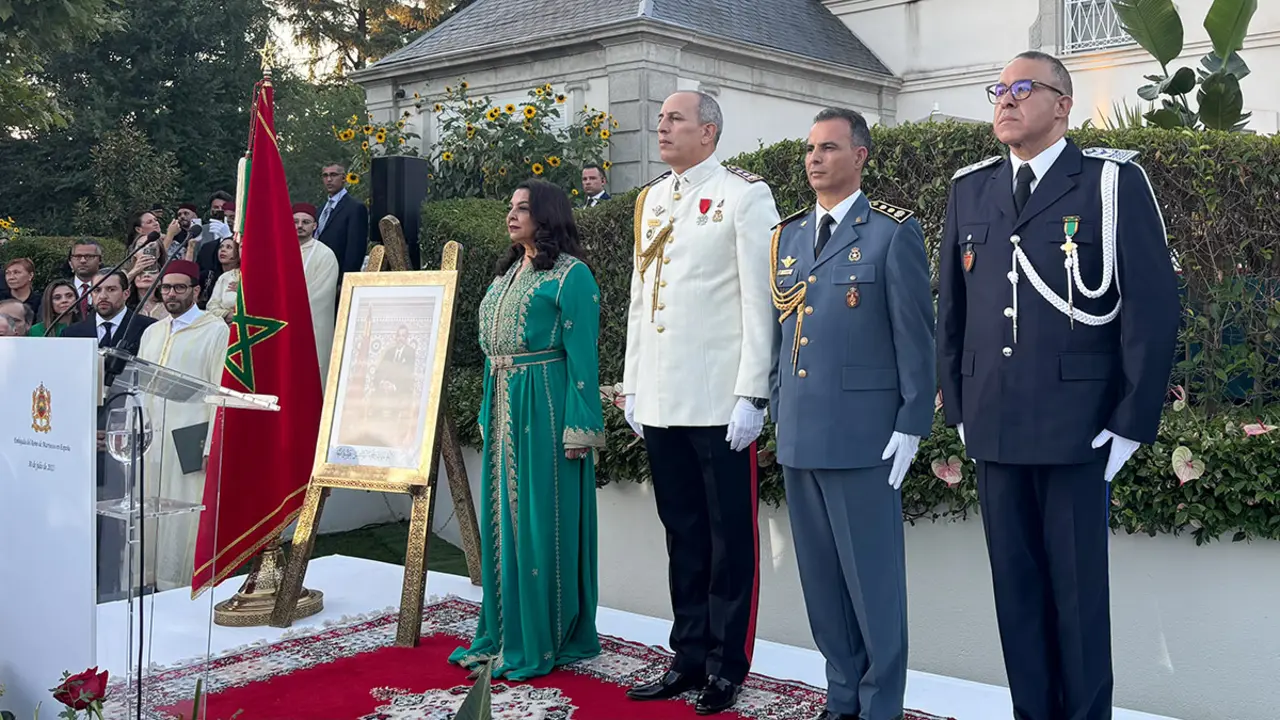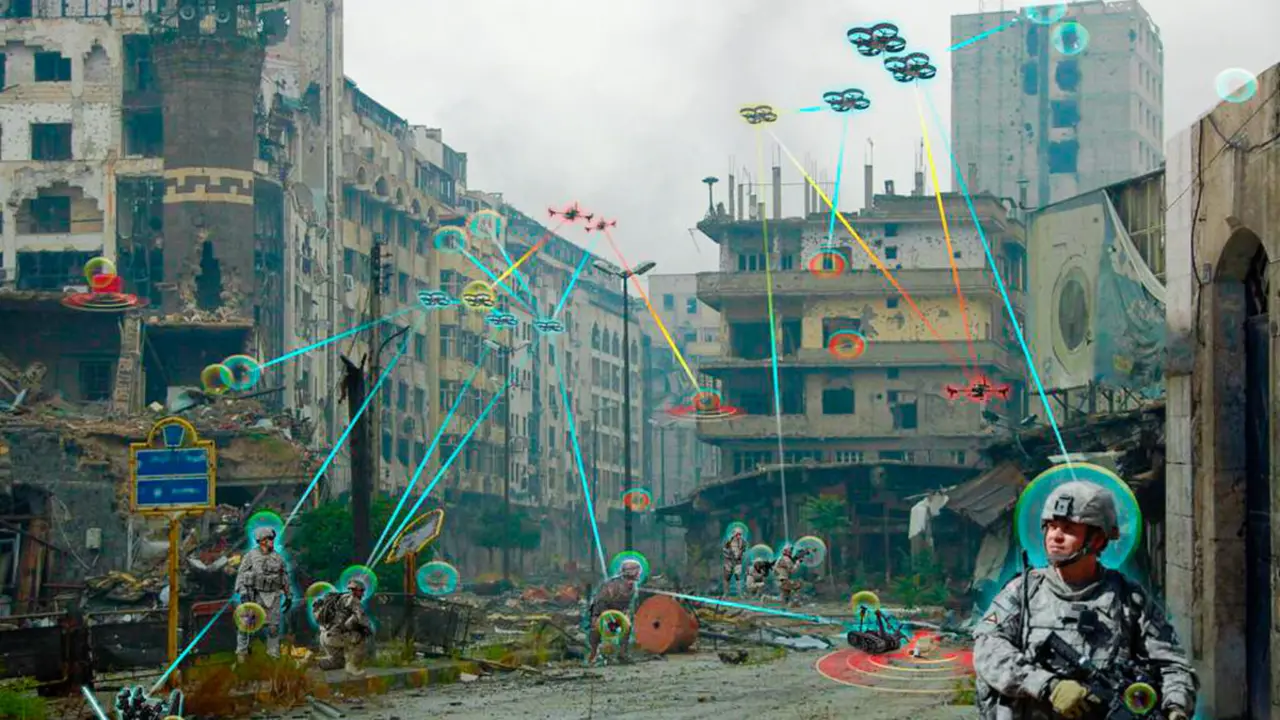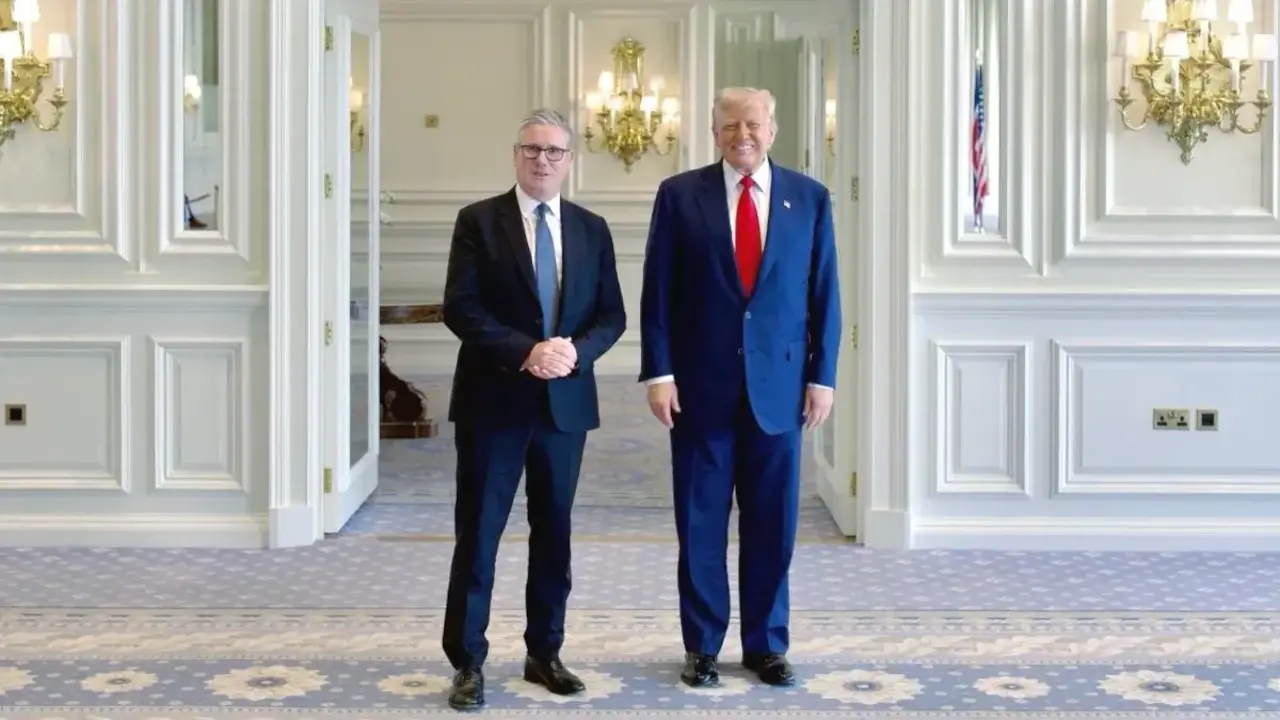Hosni Mubarak, the dethroned pharaoh, dies
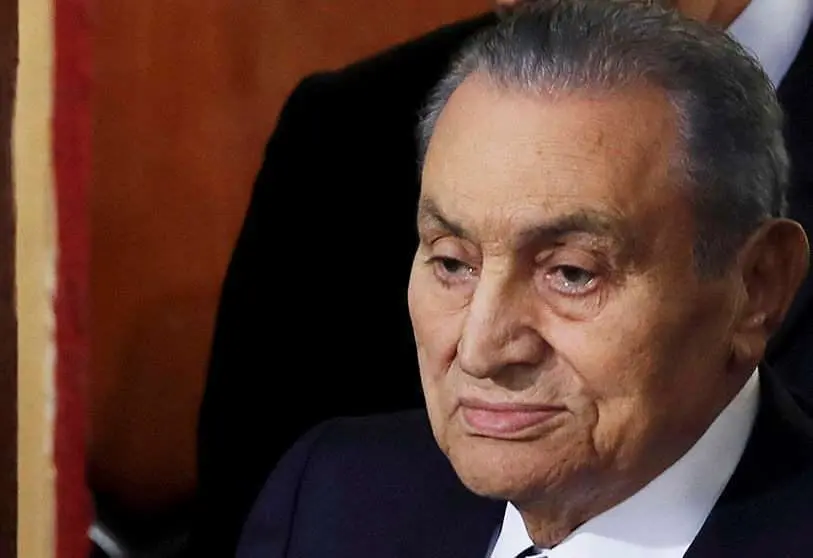
Hosni Mubarak, former president of Egypt, has died in a military hospital in Cairo. The news was published by the local newspaper Al Watan and subsequently confirmed by national television. The former commander was suffering from health problems and had undergone emergency surgery in January. He had since been admitted and placed in intensive care, according to reports in the Egyptian press by his son Alaa and his lawyer Farid el-Deeb.
Mubarak, 91, led politics in the Nile country for 30 years, from the assassination of his predecessor Anwar el-Sadat by a Jihadist cell in 1981 until he was overthrown by the army in 2011 after months of citizen protests in and around Cairo's Tahrir Square. Previously, in his time as defence minister, he had been one of the ideologues of the Yom Kippur war (1973), which plunged the world into what became known as the oil crisis.
Coming from a humble family in northern Egypt, Mubarak was one of the most prominent leaders of the African continent in the late 20th and early 21st centuries; in particular, he was considered one of the most visible heads of the entire Arab world. He is also, to date, the longest-serving leader at the head of state in Egypt since the country's independence, even longer than the decolonisation leader Gamal Abdel Nasser.
Within the Middle East region, Mubarak made it possible for Egypt to be readmitted to the Arab League and for the organization to move its headquarters to Cairo. Iran was his government's great geopolitical rival. The opposition to the Shiite theocracy aligned Egypt more with Saudi Arabia and the Gulf countries. Similarly, its relations with Israel, inherited from the time of Sadat - who was killed for signing the Camp David Accords with Menachem Begin - were cordial, while it tried to position itself as a mediator for the Palestinian conflict.
In terms of international policy, Mubarak supported the international response to Saddam Hussein's invasion of Kuwait, but opposed the US intervention in Iraq that came ten years later after the attacks of 11 September 2001.
As far as domestic policy is concerned, his mandate was, in practice, dictatorial. Authoritarianism was a major feature of his administration, with arbitrary arrests and speedy trials the order of the day. Ideologically, he followed the path marked out by his predecessors and maintained the secularist tendency that has characterised Egypt; Islamist groups, such as the Muslim Brothers, did not enjoy much prominence, but at least they were not repressed as intensely as in previous times.
Although periodic elections were held during his term of office to appoint representatives at the various levels of administration, Mubarak always based his power more on arms than on the ballot box. As long as he had the favor of the Army, one of the most powerful institutions in the North African territory, the leader held on to his position. The close relationship between the political and military spheres gave rise to internal corruption dynamics based on personal loyalties and favours.
The strength of the armed forces helped Egypt to remain fairly stable from a security point of view during a period of increased Jihadist terrorism. This attracted a significant amount of tourism and international investment, but the wealth generated was not redistributed very well. While elite families, including Mubarak's own, amassed considerable fortunes, Egypt remained a very unequal country.
Poverty, corruption and human rights violations eventually took their toll on the president, who had tried to perpetuate himself in the presidential chair as a lifelong dictator. The regime's repressive policies ended up leading to mass protests in 2011. Hundreds of citizens died at the hands of the forces of law and order. When the repression of mass mobilisations became untenable, the military forced the fall of Mubarak, as well as the calling for elections.
However, when Mohammed Mursi's Muslim Brothers proclaimed themselves the winners, the uprising was repeated and Field Marshal Abdelfatah al-Sisi, the current president, was installed in power. In practice, the daily life of Egyptian citizens has not changed much under the yoke of one or another leader.
In 2016, a court found him guilty of corruption, although he had already served his sentence while in provisional detention. He was also pardoned despite being sentenced to life imprisonment for his complicity in the killings of demonstrators during the Tahrir Square protests. Since settling his accounts with the Egyptian justice system, he was allowed to return to his home in a luxurious Cairo neighbourhood called Heliopolis: a golden retreat until his death on Tuesday morning.

